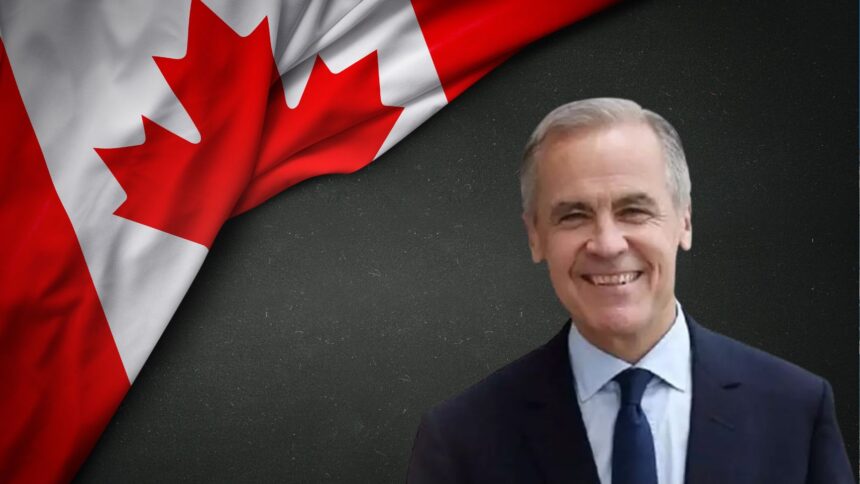Canada is slowing its push toward electrification as Prime Minister Mark Carney confirmed the government will pause implementation of next year’s electric vehicle mandate.
While the long-term targets remain intact, Ottawa said the delay is necessary to ease pressure on automakers and give industry time to adapt to shifting trade conditions.
The federal plan, set in motion under former prime minister Justin Trudeau in 2023, requires that 60 percent of new vehicle sales be zero-emission by 2030 and 100 percent by 2035. Those goals will not change, but the rollout for 2025 is now on hold while regulators conduct a 60-day review of the rules.
The move comes against a backdrop of economic strain. Government data show zero-emission vehicles accounted for 11.7 percent of sales last year, but employment numbers highlight growing uncertainty.
Statistics Canada reported a loss of 66,000 jobs in August, mostly in part-time roles, pushing the unemployment rate to 7.1 percent. That is the highest since mid-2016 outside of the pandemic years.
Carney said the pause will help the sector manage mounting tariff pressure. More broadly, Washington has applied a 35 percent tariff on Canadian goods, which has weighed heavily on auto, steel, and aluminum industries.
Ottawa recently dropped some of its own retaliatory tariffs on U.S. products in an effort to restart trade talks. Carney noted he had a “good conversation” with President Donald Trump earlier this week on trade issues and signaled optimism that targeted relief could be secured for industries most affected.
China has also escalated tensions by slapping preliminary duties of 75.8 percent on Canadian canola seed imports. Analysts view the move as retaliation for Ottawa’s decision in October 2024 to match Washington’s 100 percent tariff on Chinese electric vehicles. To soften the blow, Canada will provide additional support for canola farmers.
The political fallout at home was immediate. Conservative Party leader Pierre Poilievre accused Carney of reversing course after previously backing a faster transition away from gasoline and diesel vehicles. He argued that delaying the mandate would discourage investment in Canadian auto manufacturing, describing the decision as a “clumsy retreat.”
The pause highlights the difficult balance Ottawa faces between climate policy and economic stability. The delay may provide breathing room for manufacturers navigating global trade frictions, but it also introduces new uncertainty for long-term capital allocation in Canada’s auto sector.
The government maintains that its broader climate commitments remain unchanged, but the coming review will determine how aggressively the EV mandate is enforced in the near term. Markets and industry leaders will be watching closely for clarity on the next steps.



















